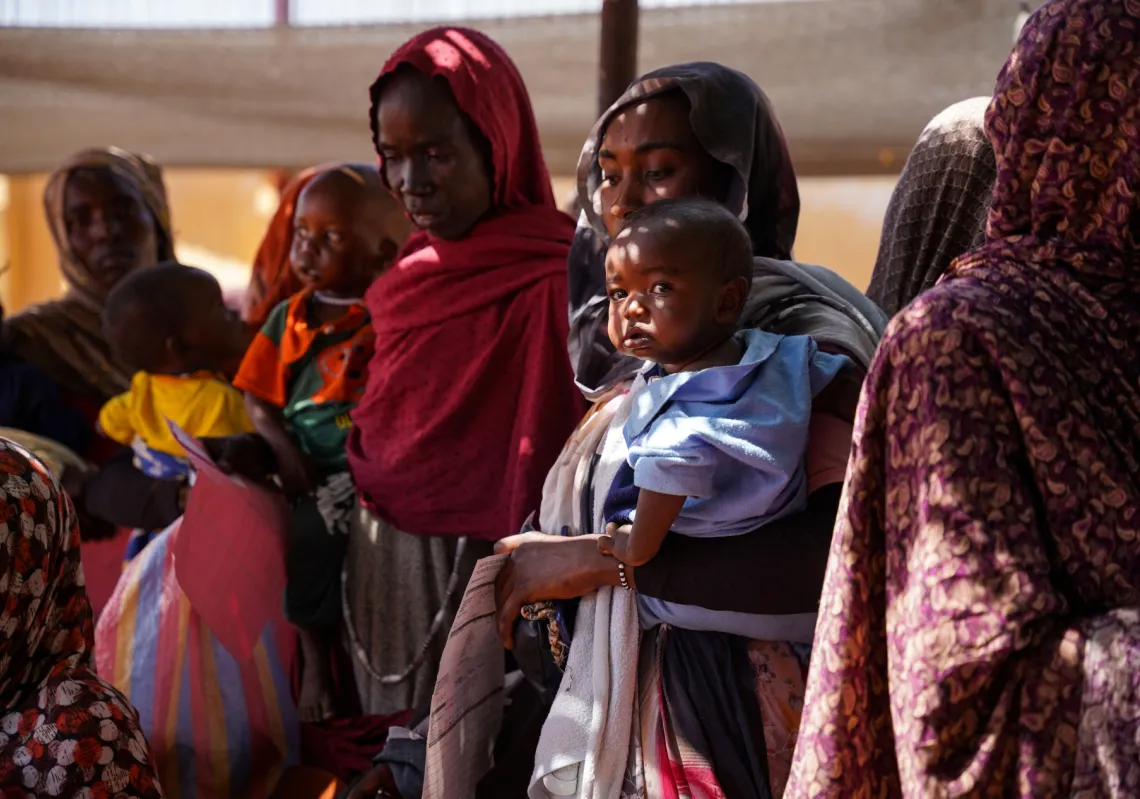Al Qaeda’s base in the Islamic Magreb begun its armed activities in the area under the name the Salafist Group for Preaching and Combat. It was founded by the organization's Emir, Hassan Hattab, in the mid 1990s after he defected from the Armed Islamic Group, or the GIA.
Under Hattab, the organization undertook terrorist operations, planting bombs and explosive devices in public places. It was also under his leadership that they were able to concentrate their activities in the major cities of the country, including the capital of Algiers. The also attacked the National Gendarmerie and the municipal guard. Having very little control over the situation, the activities of the Salafist Group for Preaching and Combat have become a great embarrassment to the Algerian state.
This trend continued until President Abdel Aziz Boutaflika assumed power in 1999. Upon his inauguration, he issued the civil accord in an attempt to contain the situation and open the way for armed groups to be reintegrated into society. This law brought great results, as more than 6,000 members of the Salafist Group for Preaching and Combat laid down their arms and renounced extremist beliefs.
As the remainder of the organization continued their terrorist operations against civilians and the military, they grew increasingly unpopular in the eyes of the public. This caused the organisation's leaders to resort to other methods in their confrontation with the state.
In this second phase the organization made increased efforts to avoid killing civilians. This situation continued until the presidential elections fought by President Boutaflika for a second time in the spring of 2004.
Once Boutaflika began his second term, he presented what was called the Charter for Peace and National Reconciliation, which was put to public referendum and the people endorsed it overwhelmingly on September 29, 2005. The charter opened the door to amnesty for the armed militants who renounce armed action, provided they were not involved in genocides or planting explosives in public places or committed crimes of rape.
These laws have caused many terrorist to abandon armed activity. Those repentant members have reached more than 3,000 until now. This was a severe blow for all armed organizations, but most of all for the Salafist Group for Preaching and Combat.
The isolation of the organization increased after the army intensified its strikes. Moreover, Algeria, the Mediterranean coast and African Sahara countries have increased their security coordination, prompting the organization to alter its style to fight the government.
The organization of the Salafist Group for Preaching and Combat began to use suicide bombers immediately after they joined the international al Qaeda organization early in 2007. It was then that they began to call themselves "Al Qaeda in the Islamic Maghreb" under the command of Abdul Malik Drukdal, or Abu Musab Abdul Wadud.
Since then, the organization has carried out a series of very large operations, including the bombing of the government palace on 11 April 2007, and the bombing of the United Nations headquarters in the district of Hydra in the centre of the capital on 11 December 2007.
Mahmoud Al-Naggar
– journalist specialized in Maghreb affairs and former head of the Middle East News Agency Office in Algeria







